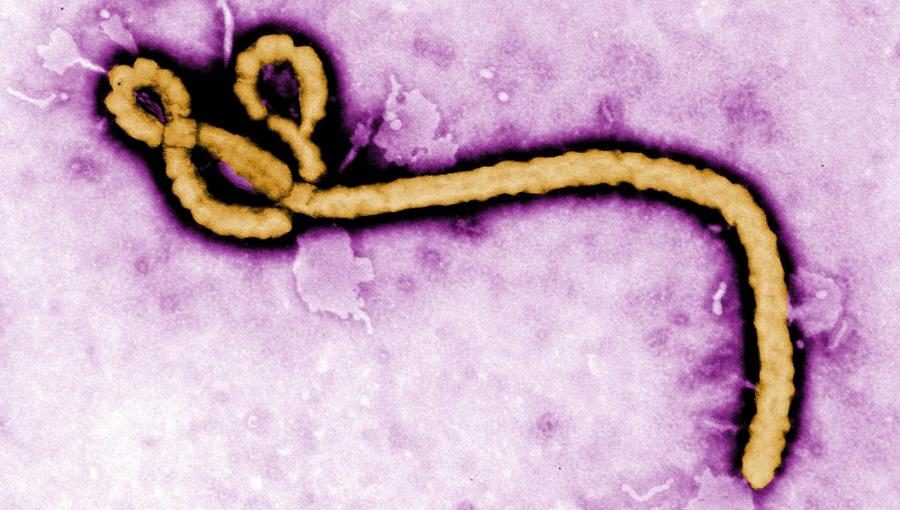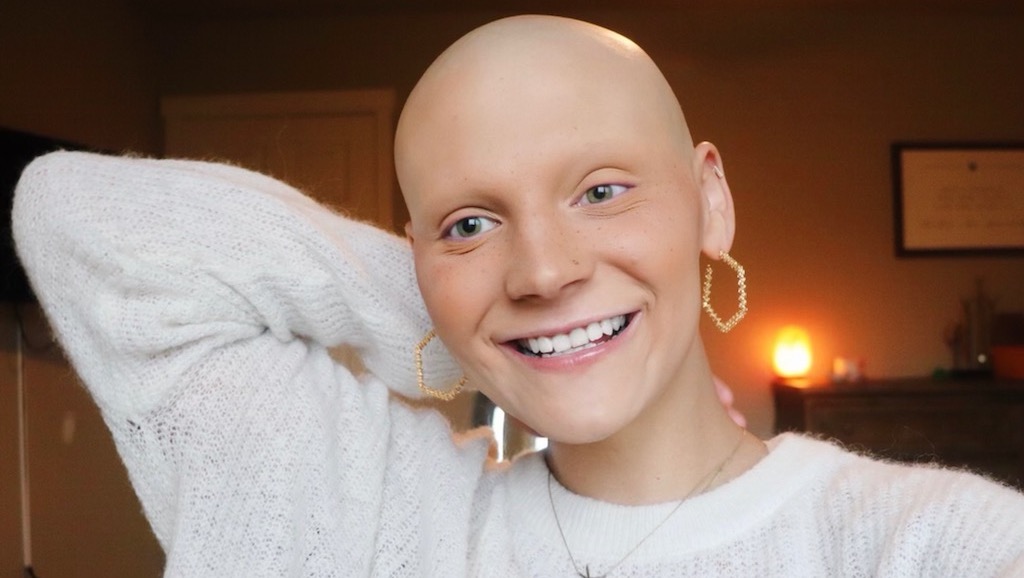By Efren Acevedo
The ebola virus has been around longer than we can imagine.
The ebola virus was first discovered in 1976 when there was a massive outbreak in Yambuku, a small village in Democratic Republic of the Congo. There were 318 reported cases among the people, and out of those, 218 died (88%).
Currently, the outbreak has claimed over 2,500 lives and has infected 3,974 people and counting. On Sept. 20 Thomas Duncan arrived to Dallas from Liberia, a country in west Africa. It wasn’t until Sept. 24 that his symptoms began to develop. Two days later Duncan went to the hospital to get checked out, got treated and was sent back home. During his check up, ebola was not recognized. On Sept. 28, with worsening symptoms, Duncan went back to the hospital and was placed in isolation. After two days of intensive care, it was confirmed that Duncan had ebola. Duncan later died on Oct. 9 at 7:51am.
There is currently no FDA-approved medicine to treat ebola. The symptoms for this disease include: fever, severe headache, muscle pain, weakness, diarrhea, vomiting, abdominal (stomach) pain, and unexplained hemorrhage (bruises or bleeding). The symptoms of ebola are treated as they appear. The infected are given intravenous fluids (IV), and their blood pressure and oxygen are closely monitored. People who recover from ebola such as, Dr. Kent Brantly, develop antibodies that last for at least 10 years, possibly longer. It remains unknown if people who recover are immune for life, or if they can become infected once again but with a different species of ebola. Some people who have recovered from ebola have developed long-term complications, such as joint and vision problems.
A couple of days after the death of Duncan, one of the nurses who were treating him became infected too. Her name is Nina Pham, and she is currently being taken care of in Maryland and is in “fair” condition. She has gotten a blood transfusion from the survivor Dr.Kent Brantly which has helped her fight of the virus. It is unclear as to how the nurse contracted the virus, but it is said that she may have came in contact with the bodily fluids when she was removing her protective gear.
Two-thirds of Americans believe that ebola is a major threat and one-third isn’t worried. According to the CDC chief he says that if we stop flights to control the spread of ebola, it will not make things any better. First of all the outbreak needs to be controlled in Africa so like that ebola can come to a stop.







